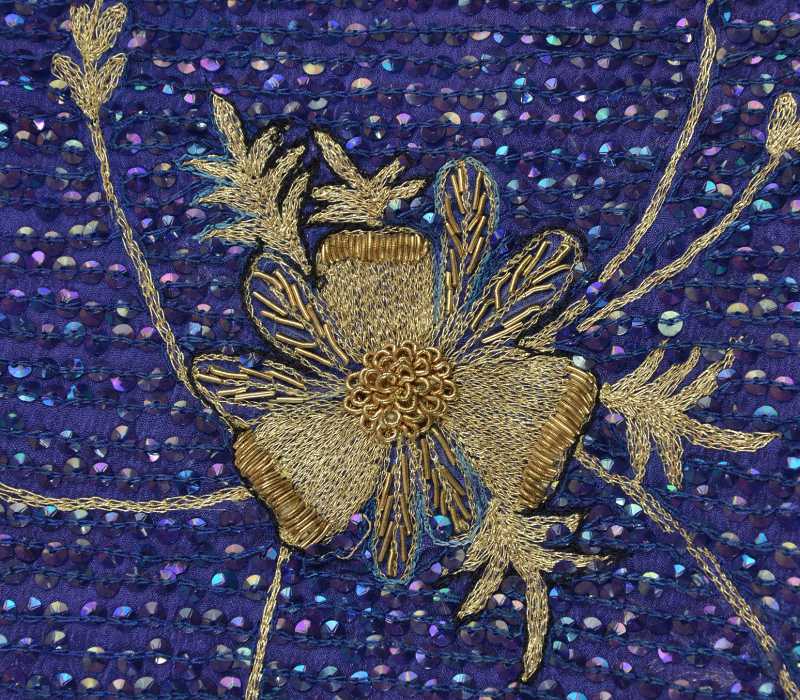===
0861,
2
===

=== |
 |
ḥukm : 'Judicial authority, jurisdiction, rule, dominion, government, control, direction, management; —an ordinance, a statute, a prescript, edict, decree, law, enactment, precept, rule, predicament; an order, a command; sanction, permission, a requisition; —effect, influence, efficiency; article (of faith, &c.)'. (Platts p.480)
FWP:
SETS == FILL-IN; IDIOMS
MOTIFS
NAMES
TERMSI've seen the proverb with muñh instead of hāth , and sometimes with gañgā instead of daryā , but such small variations just show how widely known it is. In the uses I've seen, it also seems to have the sense of 'act while opportunity offers'.
The word ḥukm does wonderful things to the first line. Of course it can mean simply 'effect', as we eventually conclude that it chiefly does in this case; but that meaning is secondary to its range of primary meanings related to authority and command (see the definition above). And in the ghazal world we're entirely accustomed to find 'beauty' as a dictator, an imperious issuer of orders of all kinds. So the first line becomes intriguing: does flowing water have some kind of power or authority that is governed by beauty, or might its power carry us off the way beauty sweeps away (and drowns) the lover?
Since our minds are busy teasing out such nuances and possibilities about the power of beauty, the second line comes as an entire surprise. It consists of a common proverb, which offers its own shock of recognition-- and which wipes away all questions of beauty's power and authority. In the proverb, it turns out that beauty is like a river, a 'common benefit' as SRF says, quietly flowing along, available to everybody; you'd be a fool not to take advantage of it by using it to wash your hands.
And yet, and yet. The very plainness and (cynical?) pragmatism of the proverb provoke us to look through and beyond it. There's more to a flowing river than the chance to wash your hands. There's its sheer beauty, its life-enhancingness (its thirst-quenching, its fish, the greenery along its banks), its dangerousness (floods during the rainy season, fear of drowning, crocodiles), its vulnerability (during the dry season), its mysterious combination of total elusiveness and movement (as Heraclitus observed) with stasis (even as its water constantly flows away, the river itself remains right there in its bed).
So perhaps having access to beauty is as valuable (and multivalent) as having access to a flowing river? The very simplicity of the verse finally renders it undecideable, it becomes what I call a 'fill-in' verse, since it can really be imagined to say about beauty almost anything that you want it to say.